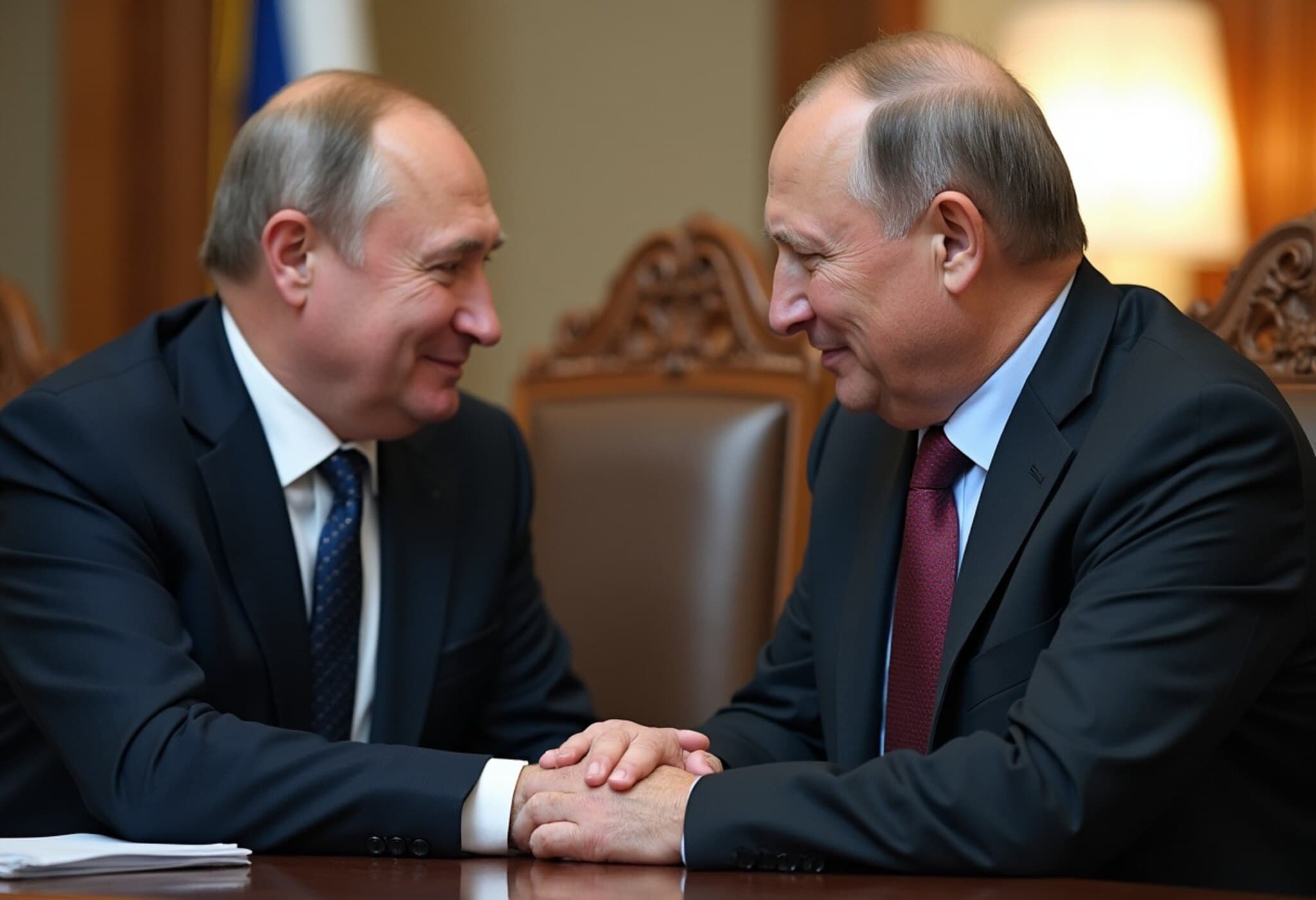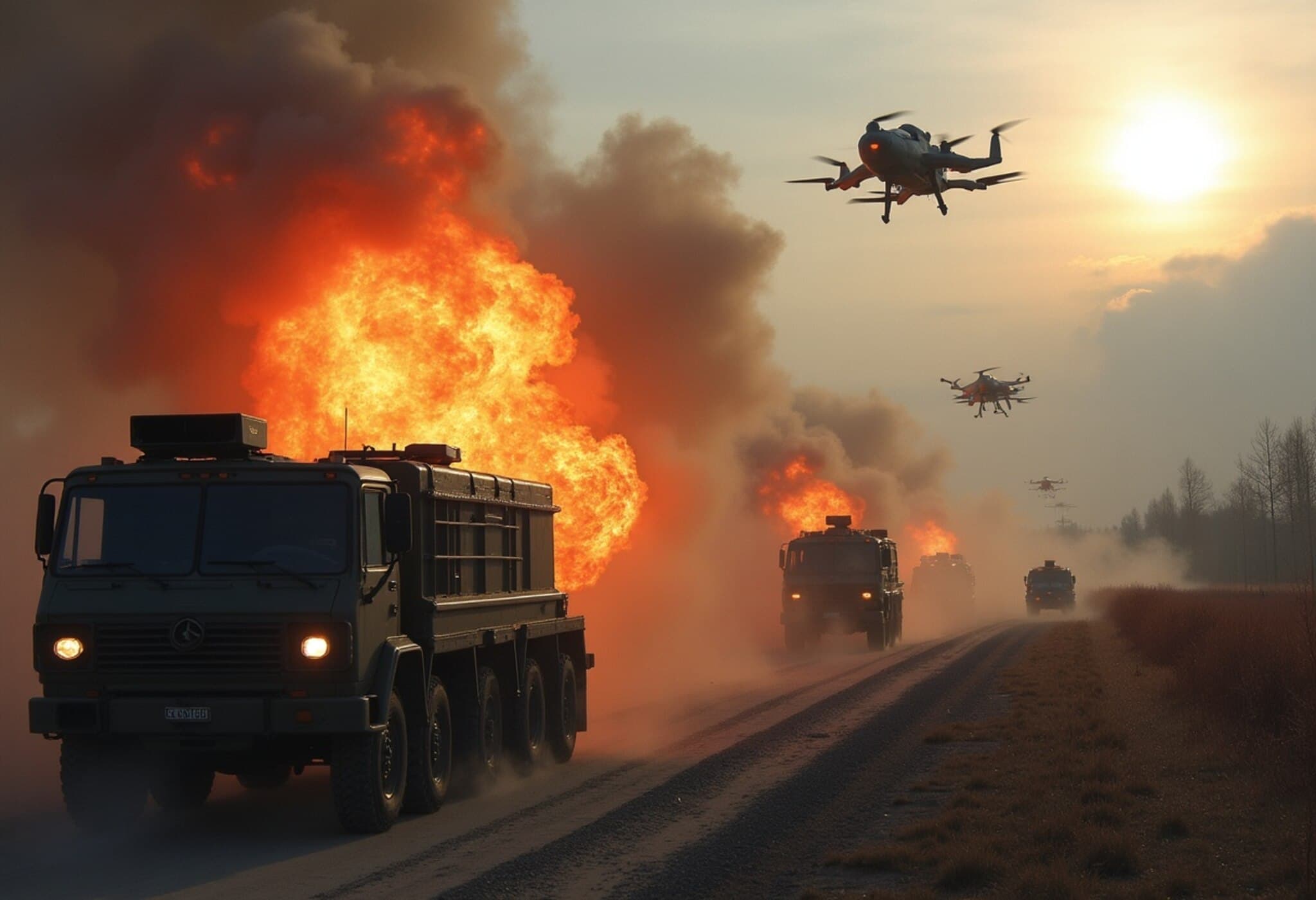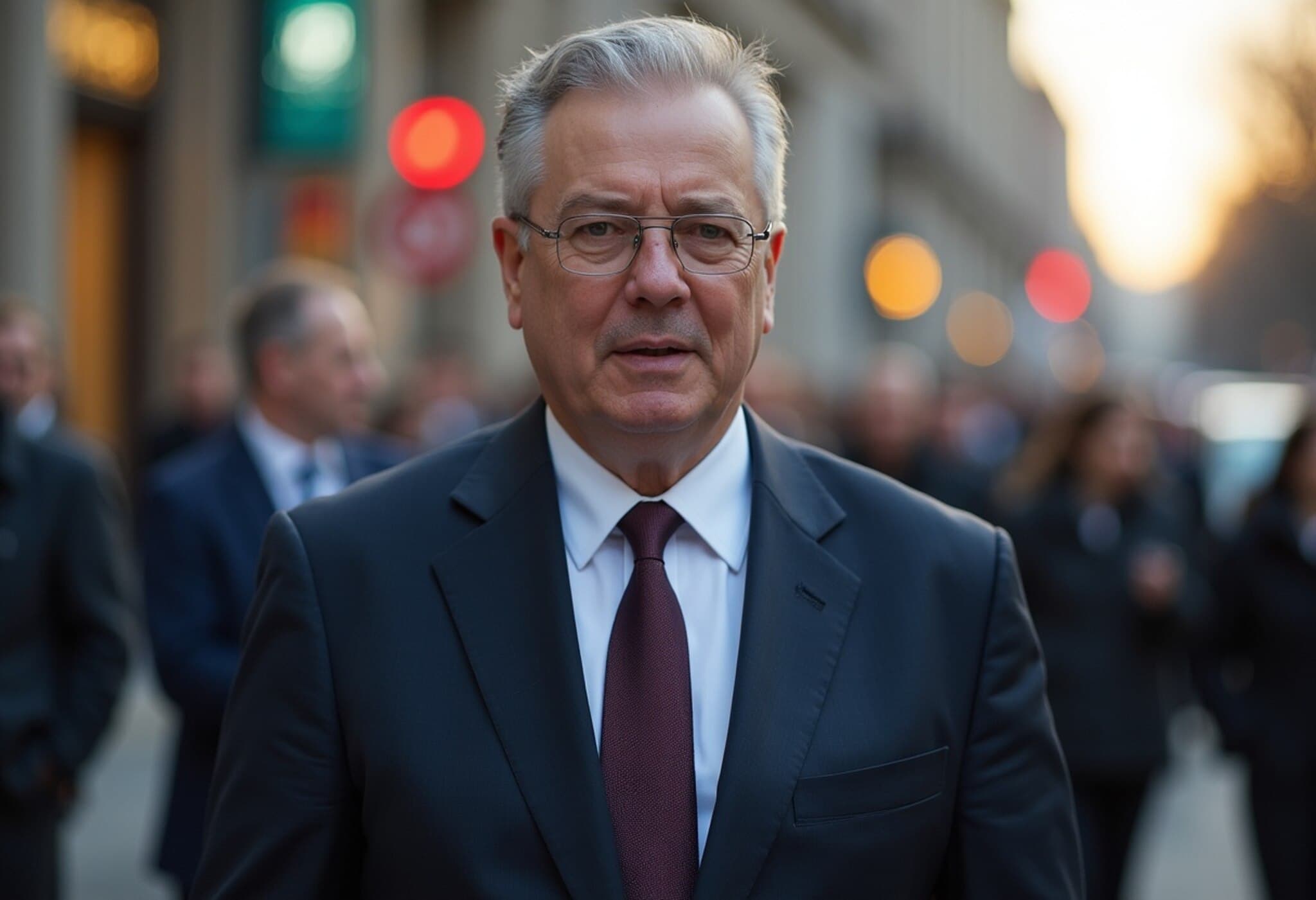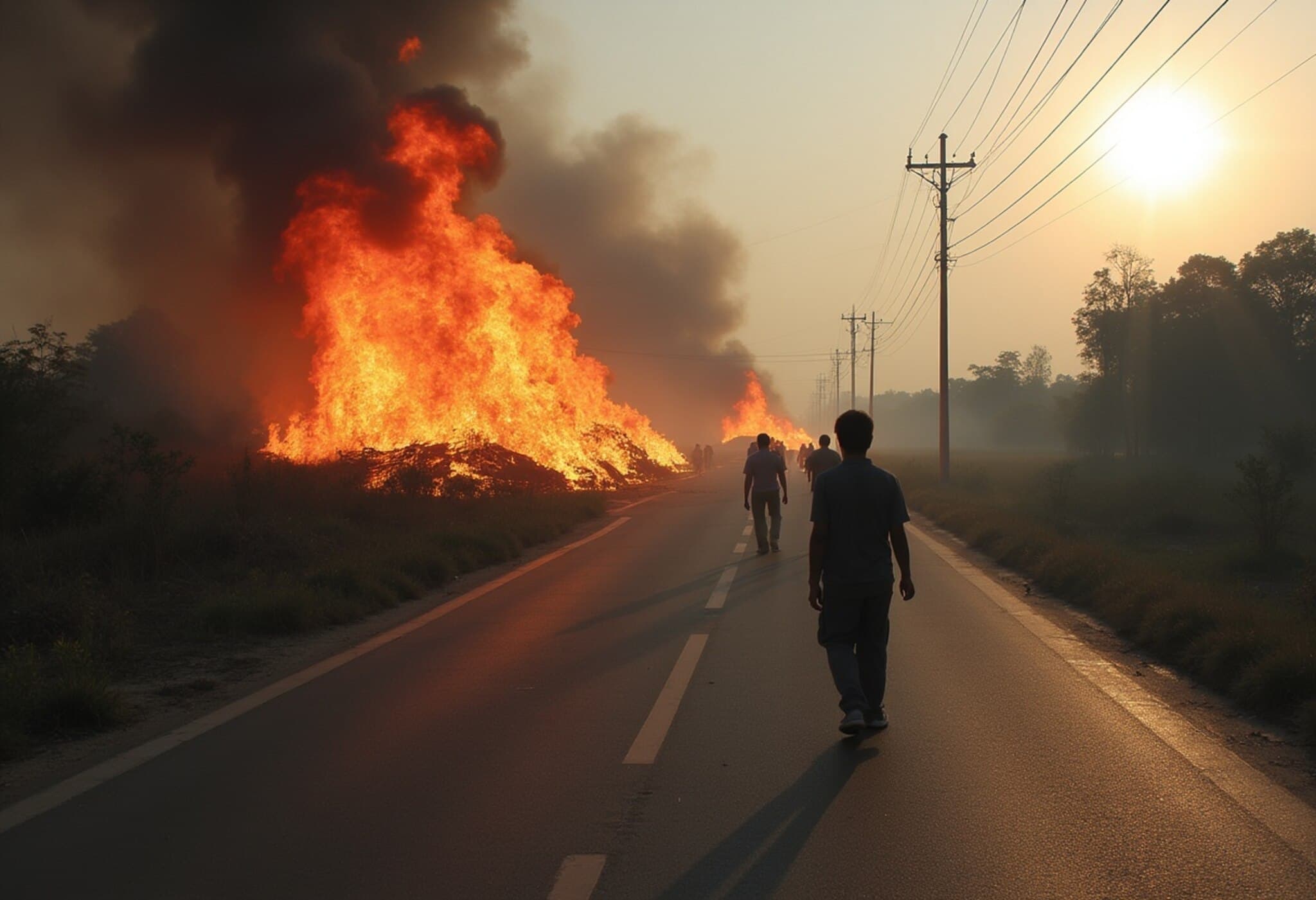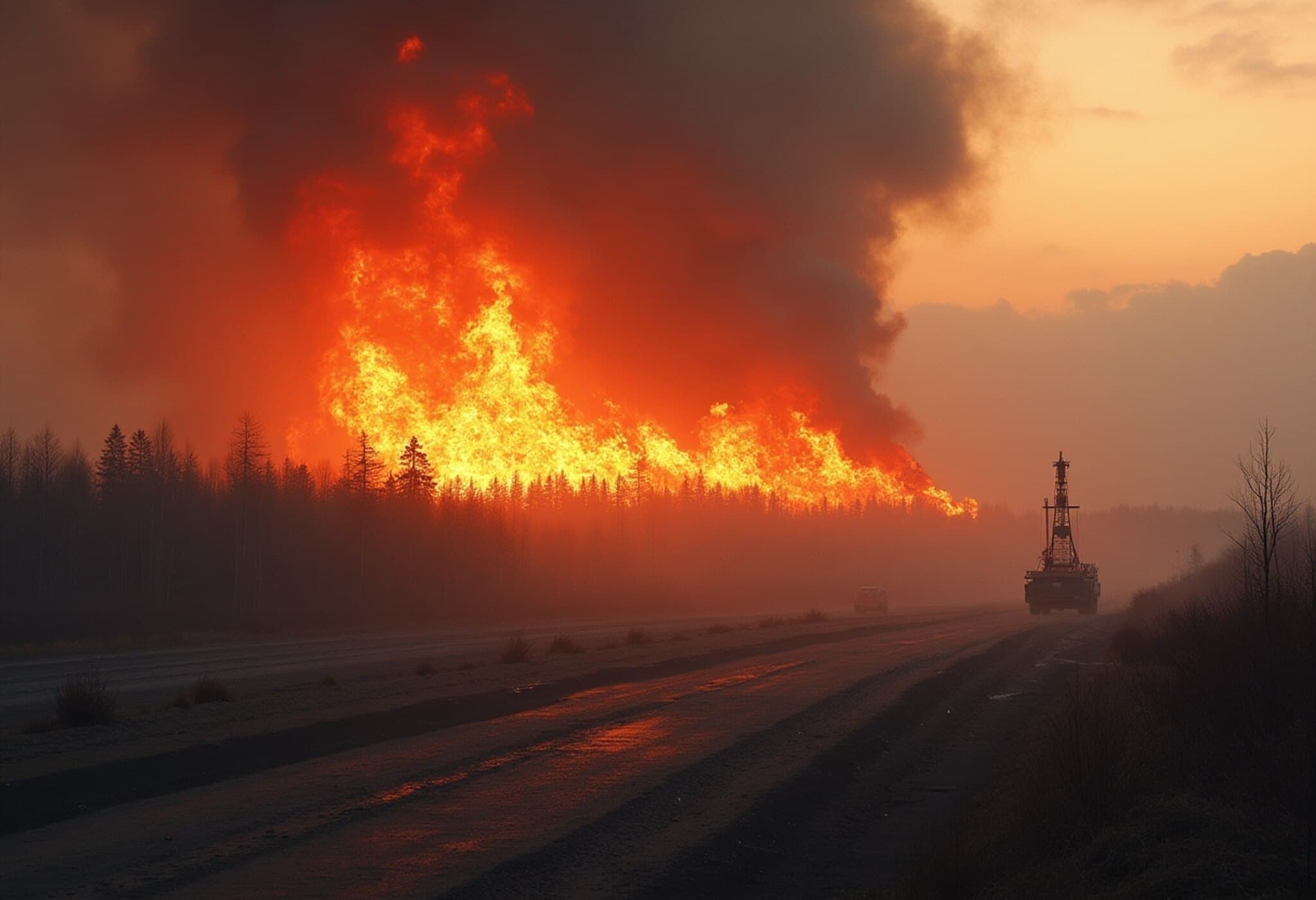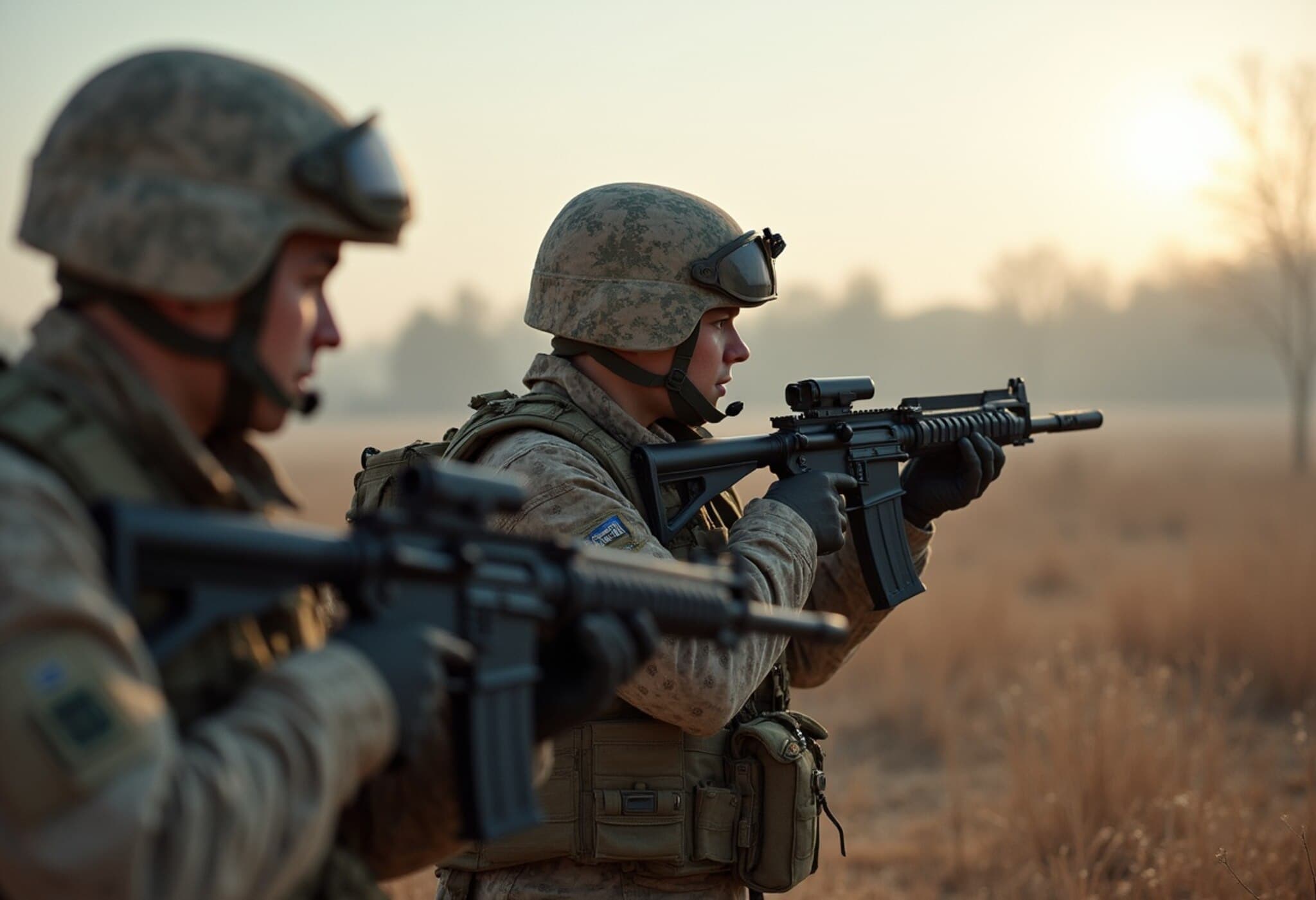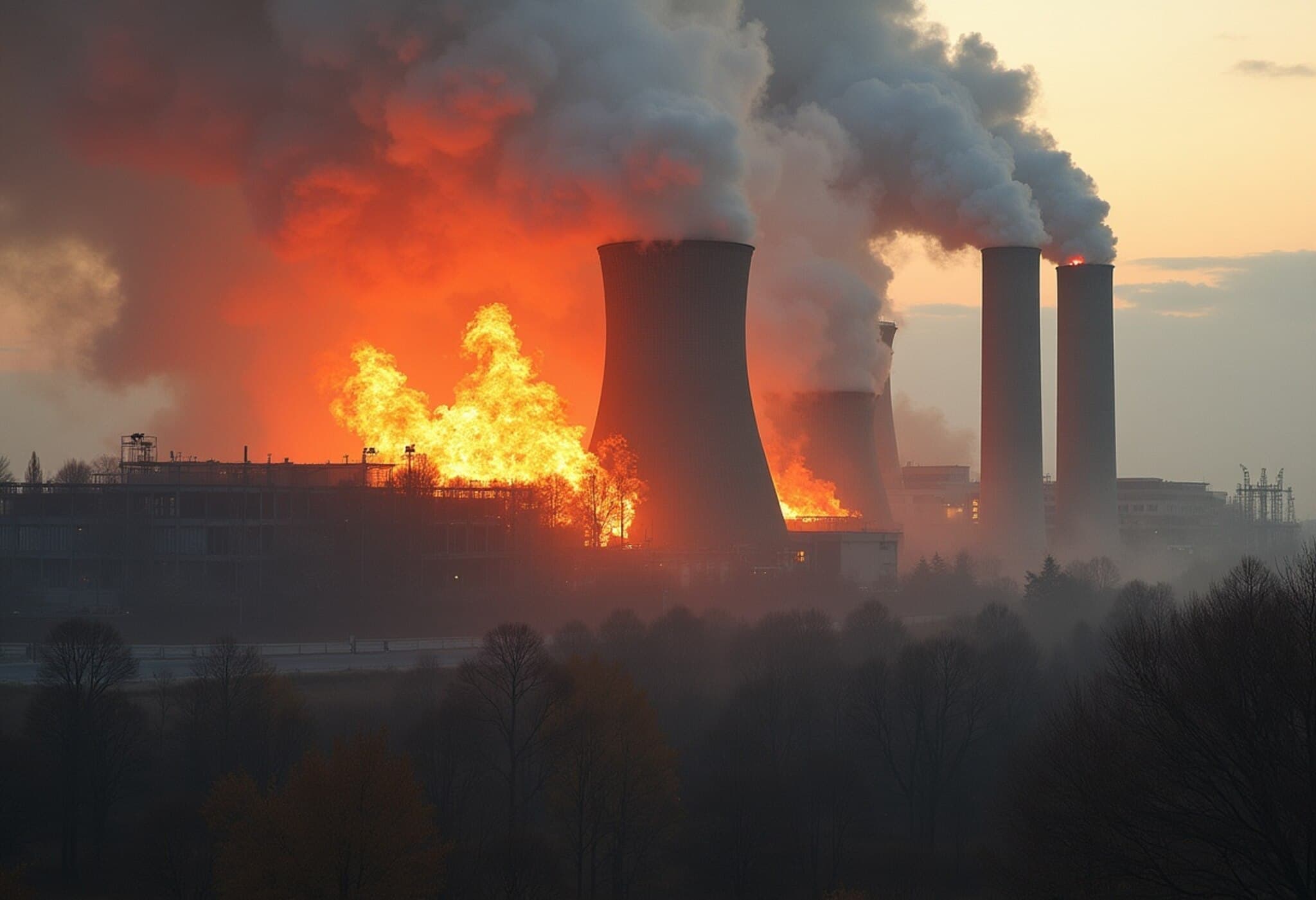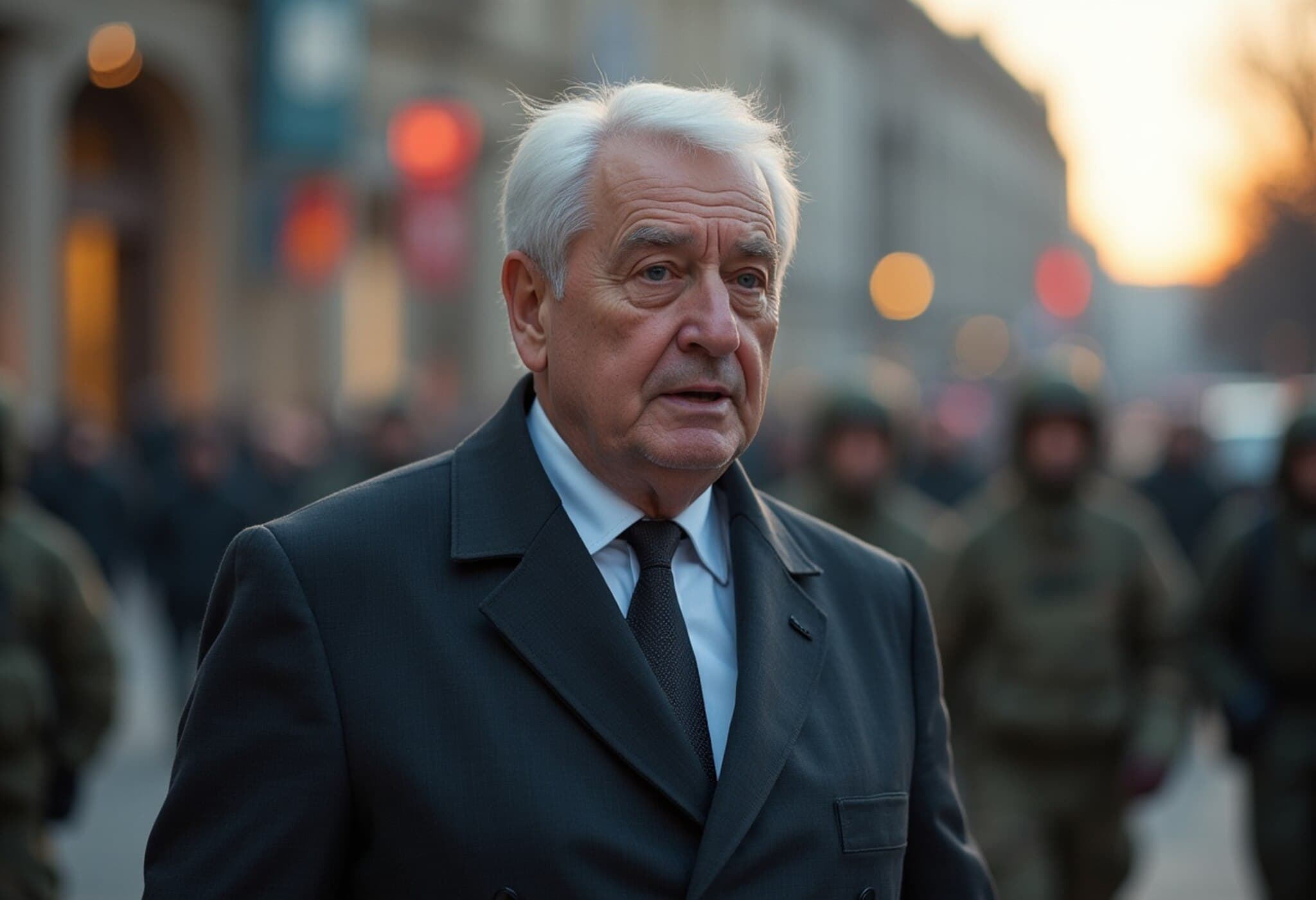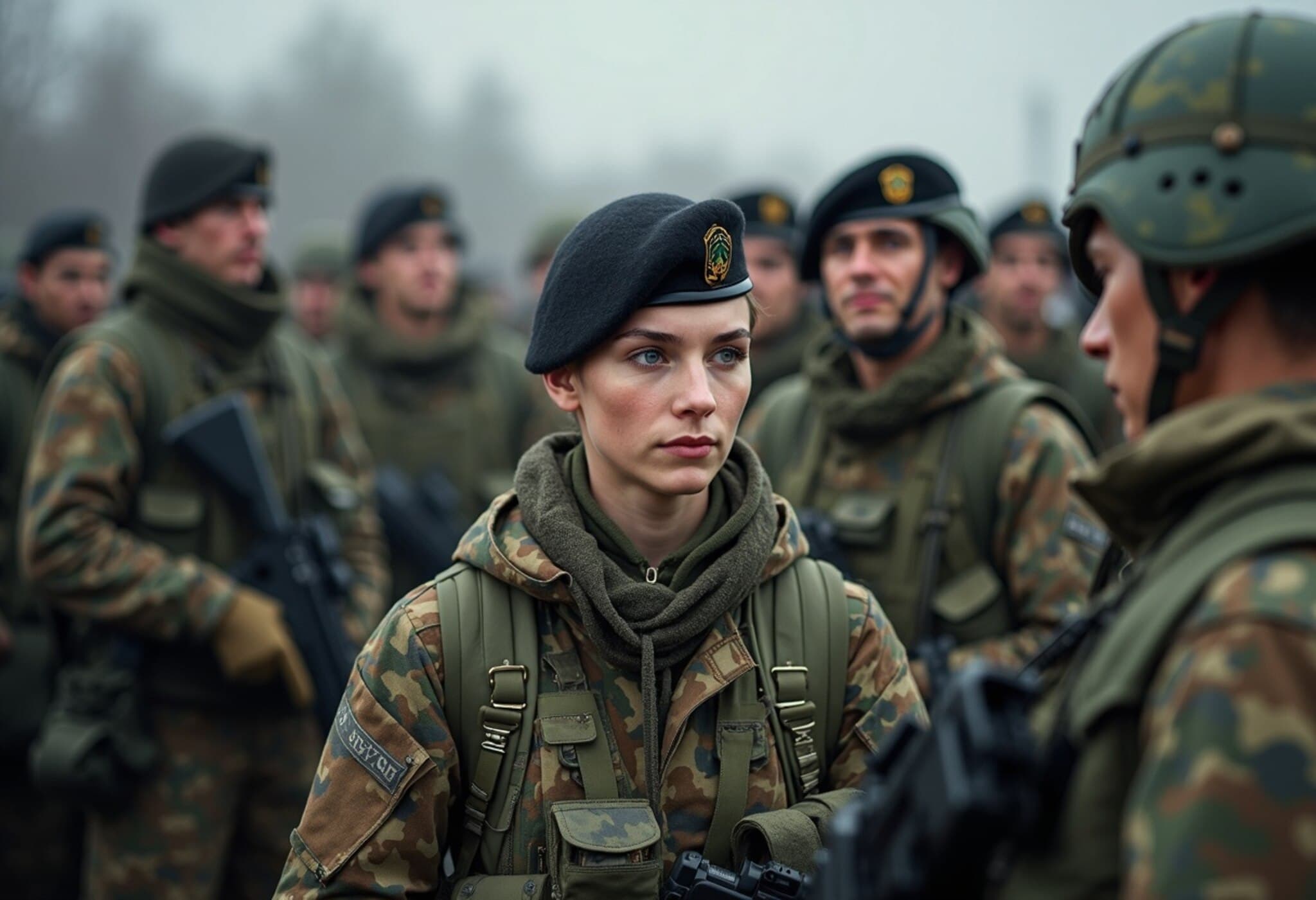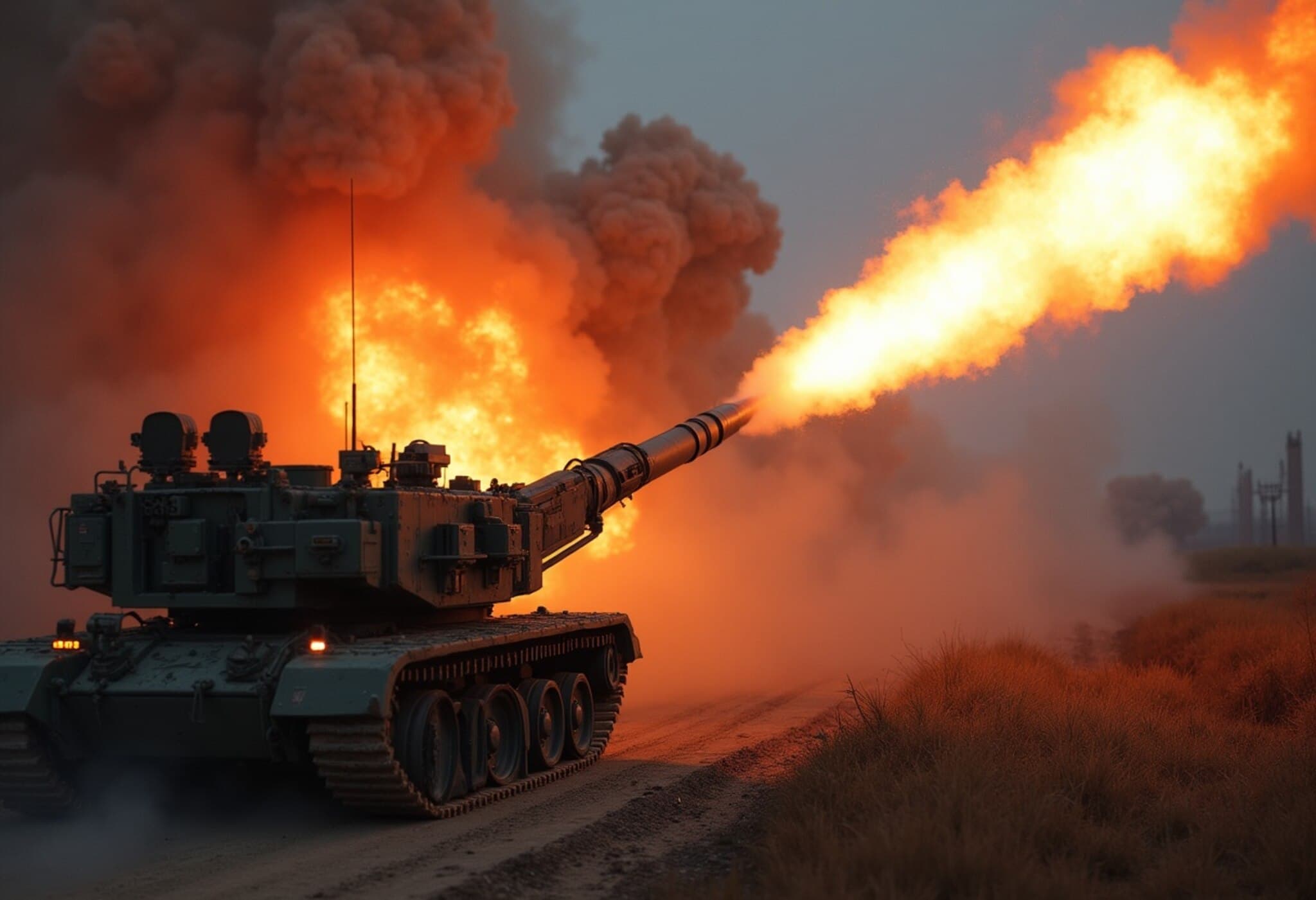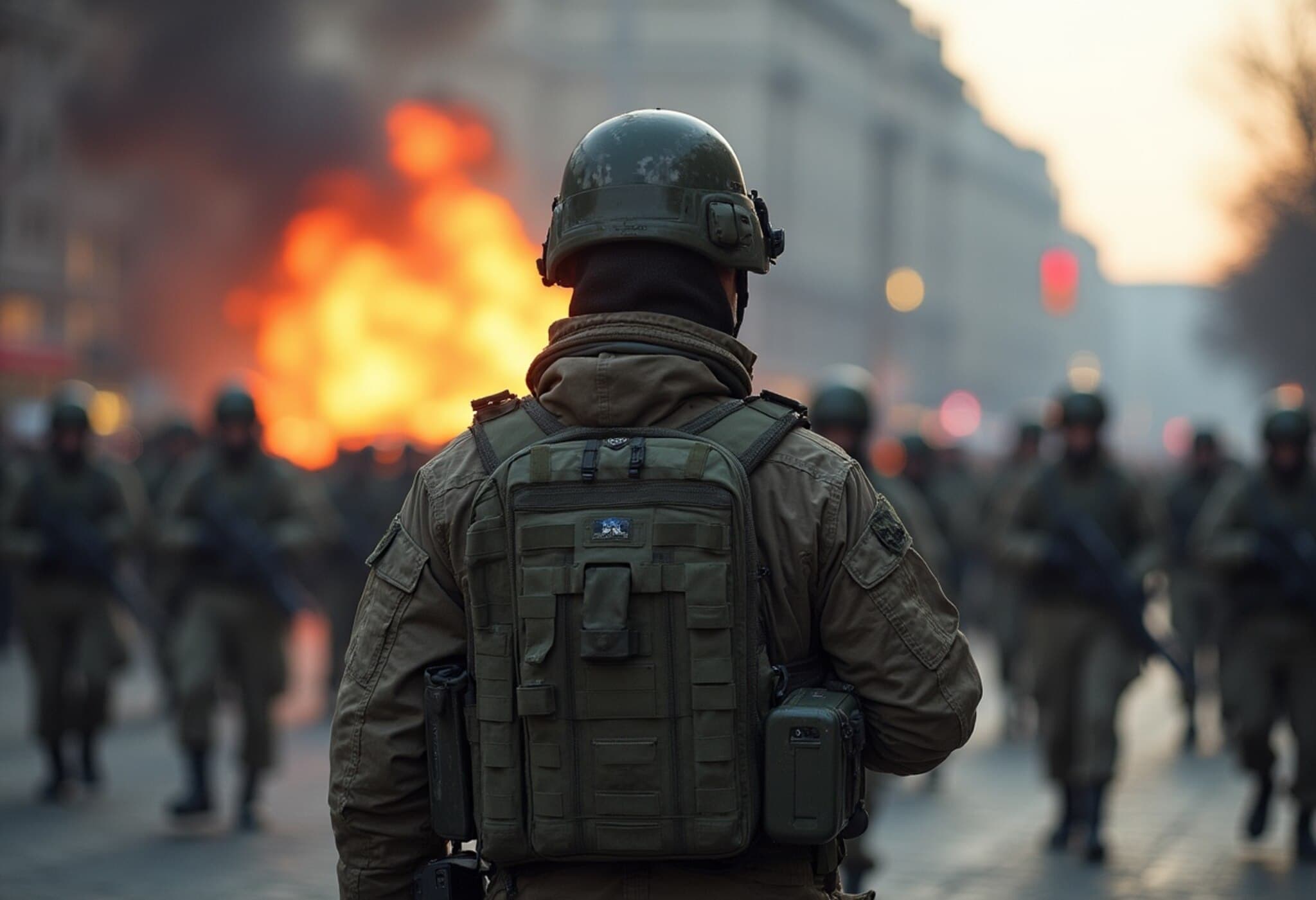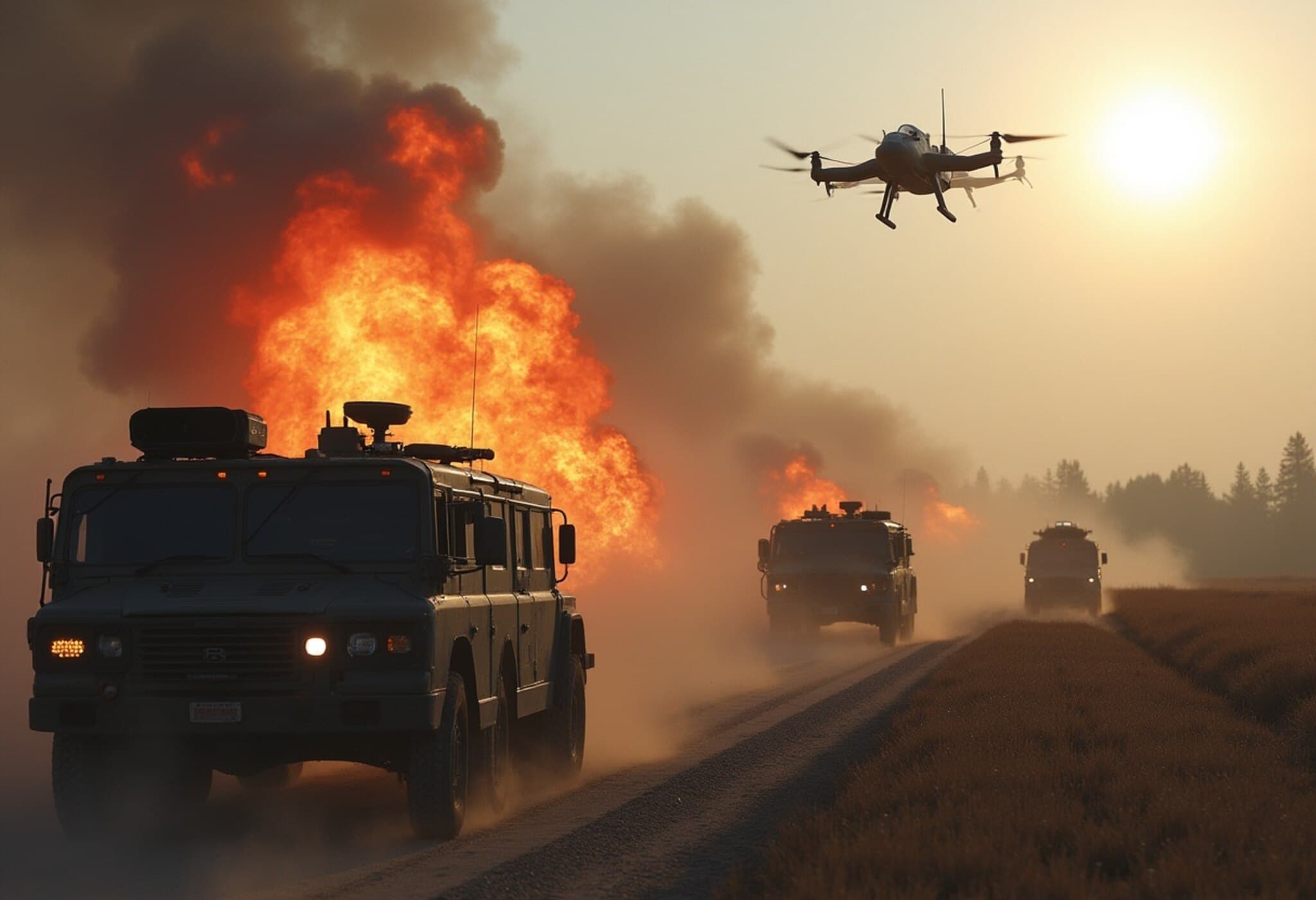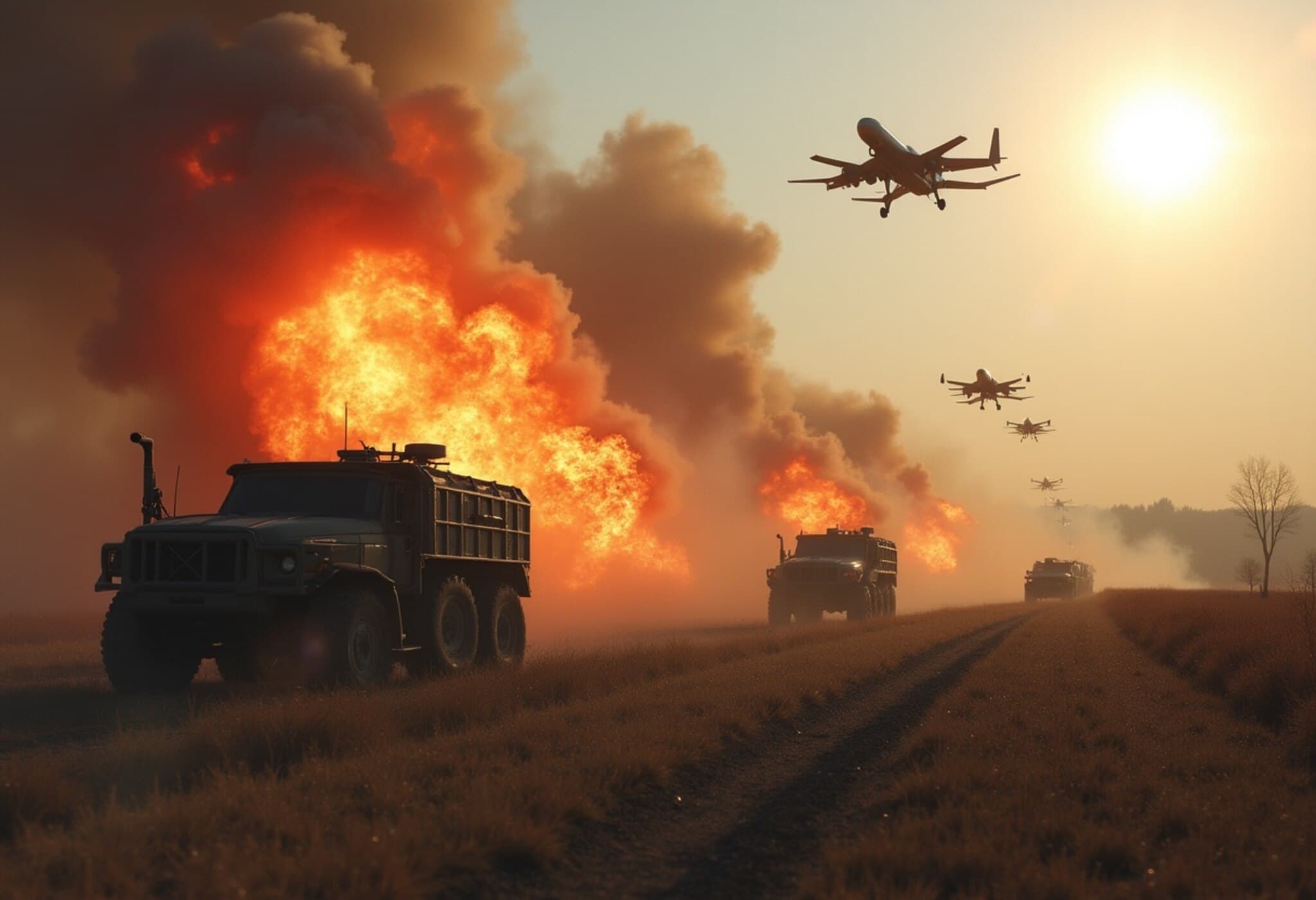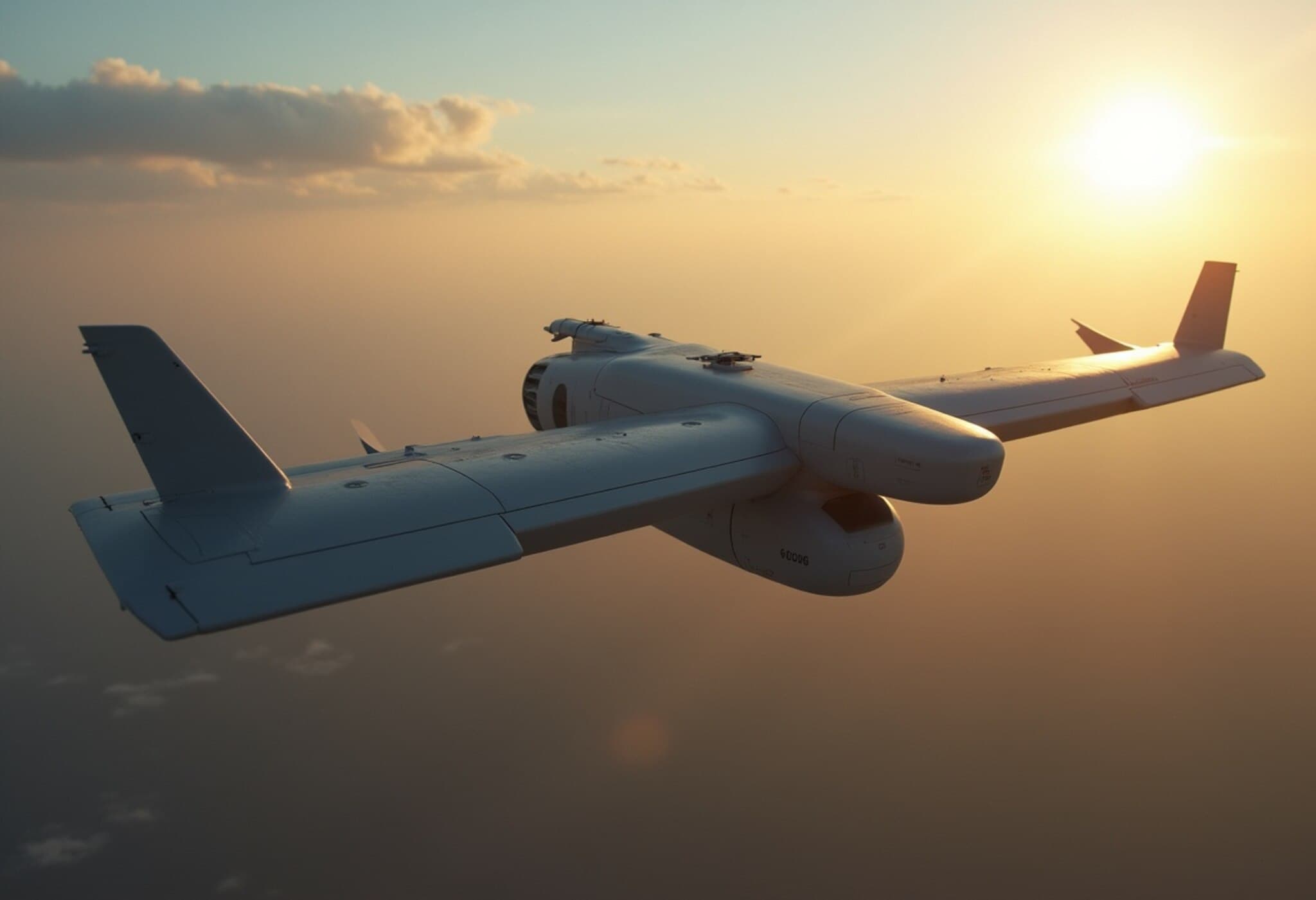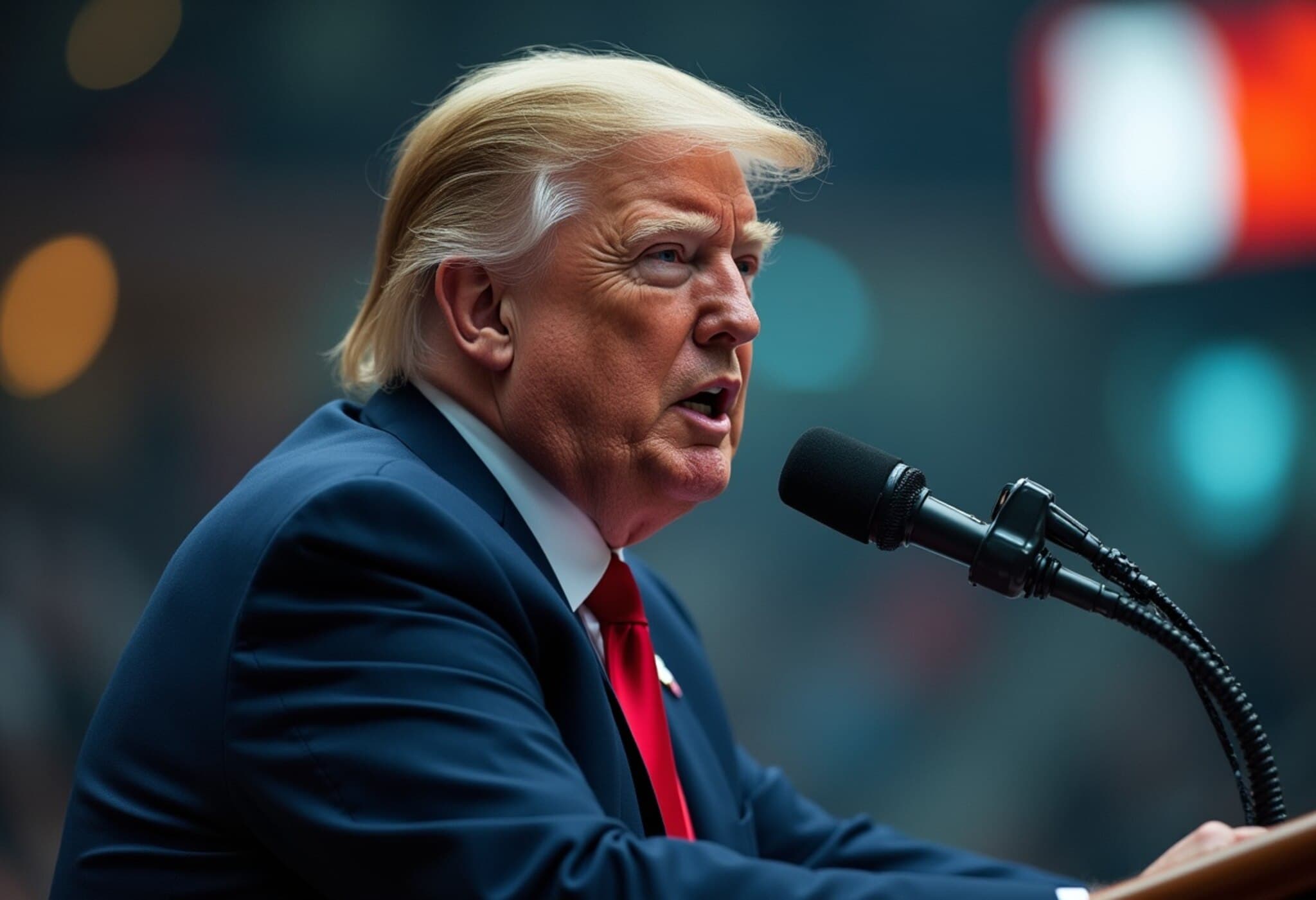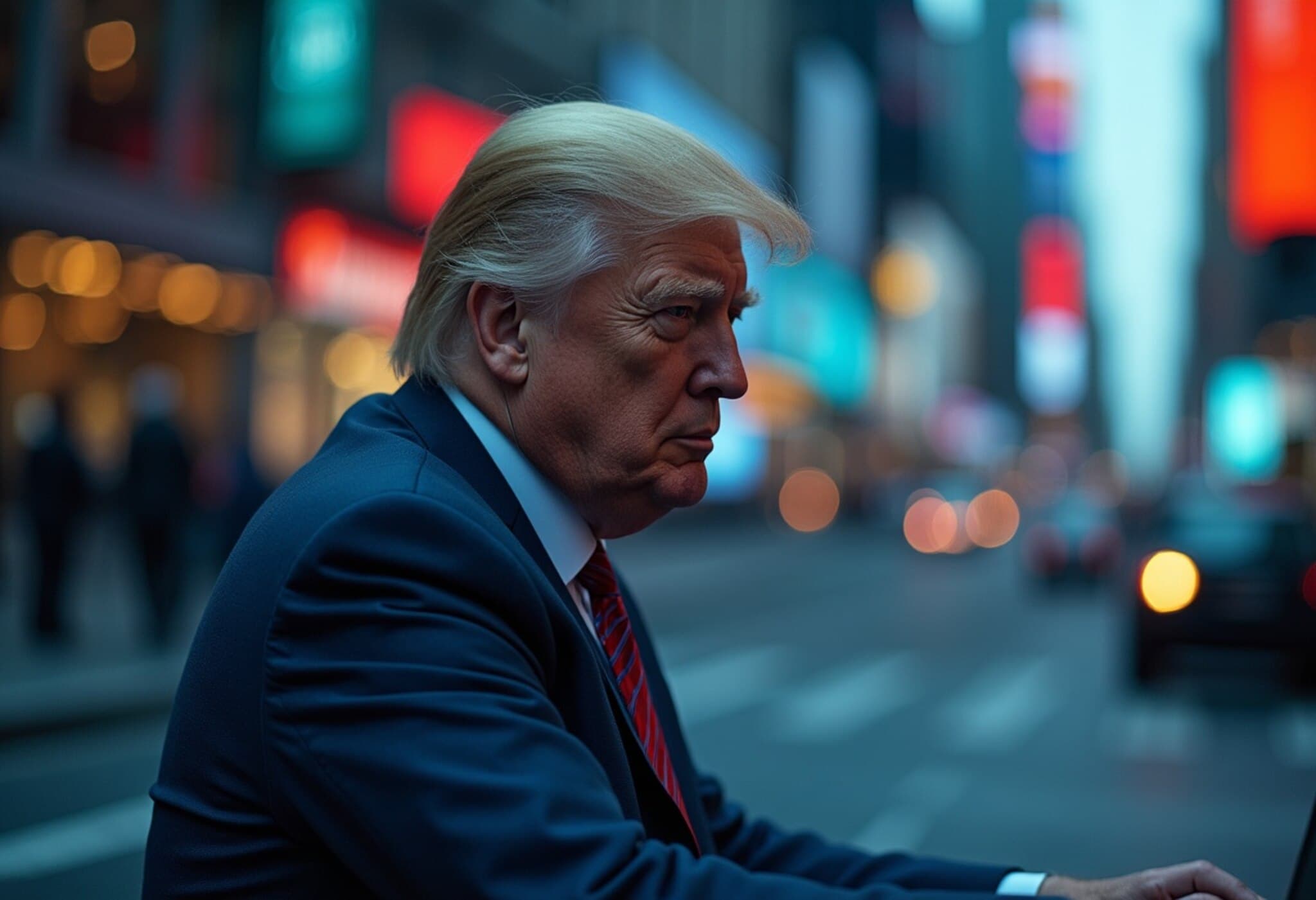Standoff in Istanbul: Russia-Ukraine Talks Yield Limited Progress
The recent round of peace talks between Russia and Ukraine held in Istanbul ended with modest outcomes, primarily focusing on prisoner exchanges, but falling short of any substantial breakthrough toward ending the ongoing conflict. Despite high hopes, the dialogue has yet to pave the way for a comprehensive peace agreement.
Prisoner Swap at the Forefront
The key development from the meeting was an agreement to swap 250 prisoners of war from each side, a process currently underway near the Ukrainian-Belarusian border. Rustem Umerov, Ukraine's former defense minister who led the delegation, confirmed a further commitment to exchange at least 1,200 additional prisoners of war on each side in the near future. This continues the trend from earlier talks in May and June in Istanbul, which resulted in thousands of POWs being returned and the repatriation of fallen soldiers’ remains.
Barriers to Broader Peace Talks
Despite these humanitarian steps, the talks failed to progress beyond prisoner exchanges. One critical sticking point remains the terms of a ceasefire. Ukraine insists on a full and unconditional ceasefire as a prerequisite for meaningful diplomacy. Conversely, Russia proposed more limited, temporary ceasefires lasting 24 to 48 hours, primarily to facilitate medical evacuations and retrieval of casualties. This fundamental disagreement underscores the fragile nature of current negotiations.
Summit Proposal Rejected
Amid these talks, Umerov proposed an in-person summit between Ukrainian President Volodymyr Zelenskyy and Russian President Vladimir Putin to accelerate peace efforts. However, Russian officials declined, suggesting that such a meeting would only be appropriate after a formal agreement is reached. This refusal reflects both the deep mistrust and political complexities underpinning the conflict.
External Pressures and the Trump Ultimatum
The timing of these talks followed an ultimatum from former US President Donald Trump, who demanded Russia cease hostilities within 50 days or face "very severe tariffs." While the Kremlin has yet to publicly respond to this pressure, Kremlin spokesman Dmitry Peskov cautioned that "No one expects an easy road. It will be very difficult."
Turkey’s Foreign Minister Hakan Fidan, hosting the talks, emphasized Turkey's role in brokering peace: "Our aim is to end this bloody war, which has a very high cost, as soon as possible. The ultimate goal is a ceasefire that will pave the way for peace." However, these aspirations have so far met the harsh realities of geopolitics and entrenched conflict.
Context and Regional Implications
The ongoing war between Russia and Ukraine has not only devastated lives in the region but has also sent economic shockwaves globally, affecting energy markets and food supplies. Prisoner exchanges, while humanitarian in nature, serve as rare moments of cooperation amid a broader stalemate. For Kyiv, the return of POWs is a critical national priority, as President Zelenskyy reiterated, stating that ensuring all captive Ukrainians return home remains a central state effort.
Meanwhile, the failure to advance talks beyond these gestures invites critical questions: Can incremental human rights-focused measures eventually build enough trust to tackle tougher issues like territorial integrity and sovereignty? Will external pressures from the US and Europe sway the Kremlin toward compromise?
What’s Next?
With diplomatic momentum fragile and political stakes high, the international community watches closely. The possibility of future rounds of talks, including potential summits, remains on the table, but without breakthroughs on ceasefire terms or mutual concessions, peace remains elusive.
Editor’s Note
While the Istanbul talks highlight the challenges of brokering peace in a protracted conflict, they also underscore the enduring human cost motivating continued dialogue. This cycle of prisoner swaps offers a sliver of hope, yet the absence of progress on fundamental issues warns of a prolonged stalemate. Observers must ask: What diplomatic strategies could break this impasse, and how might global powers balance pressure with pragmatic engagement to foster lasting peace?

